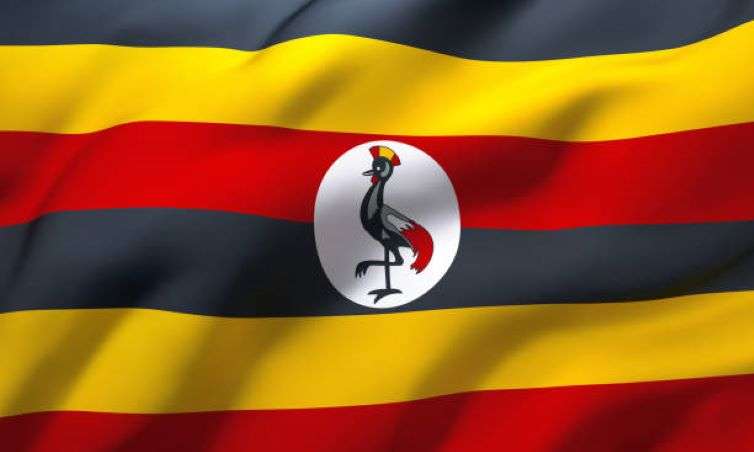By Patricia Ainembabazi |
On August 14, 2024, the Collaboration on International ICT Policy for East and Southern Africa (CIPESA) convened a meeting with Uganda’s Members of Parliament, representatives of civil society, and the private sector to discuss laws that impact the digital civic space. In particular, the meeting discussed how the country’s digital laws can be more supportive of human rights.
Digital technologies have become integral to modern life, facilitating communication, access to information, education, and economic activities. They are key enablers of civil, political, social, and economic rights, but also present challenges, including aiding the proliferation of hate speech, disinformation, and cyber-attacks.
In Uganda, the internet faces multiple challenges including repressive controls, limited access and connectivity, and high taxes on data connectivity. Moreover, the country’s laws governing the digital domain contribute to the suppression of digital rights.
Accordingly, the discussions focused on laws such as the Computer Misuse Act 2011, the Anti-Terrorism Act 2002, the Penal Code (Amendment) Act 2007, the Uganda Communications Act 2013, and the Regulation of Interception of Communications Act (RICA). These laws have been widely criticised for their ambiguous and broad provisions that prioritise control as opposed to protection of rights. The laws have also been used to target political dissidents and silence critical voices.
The meeting, which included 20 Members of Parliament, 11 parliamentary staff, as well we 16 civil society and private sector actors, stressed the need for Uganda to align its laws with regional and international frameworks, such as the African Union Convention on Cyber Security and Personal Data Protection (Malabo Convention) and Europe’s General Data Protection Regulation (GDPR). There was also a discussion on key digital rights, including the right to access and connectivity, freedom of expression, privacy and data protection, security, and online safety, all of which are crucial for a rights-respecting digital environment.
Parliament plays a pivotal role in enacting laws that promote good governance, accountability, transparency, and protection of human rights. As such, it should be at the forefront of enacting, revising or repealing regressive laws that stifle the digital civic space to pave the way for progressive legal regimes.
Civil society organisations (CSOs) were recognised as government watchdogs that should be crucial in advocating for digital policy reforms. Their role extends to conducting evidence-based research on digital rights violations, engaging in strategic litigation to challenge repressive laws, and raising awareness among the public and other stakeholders. Furthermore, CSOs were also encouraged to build strong consumer advocacy movements and initiatives to push for progressive changes in the laws and to engage more deeply with Parliament on legislative reforms.
Collaborative engagements and partnerships with stakeholders including the judiciary, CSOs, telecommunication companies, internet service providers, and the Uganda Communications Commission were emphasised as essential for promoting digital policy reforms and the enhancement of progressive legal regimes.
The August convening followed earlier efforts geared towards facilitating a favourable environment for digital rights in the country. For instance, in June 2024, CIPESA conducted a litigation surgery that explored potential litigation related to issues that undermine Uganda’s digital rights space. Participants at the surgery made proposals to engage the parliament on legislative reforms.
CIPESA remains committed to continuous engagements with the parliament and other stakeholders to push for digital policy reforms that uphold the rights of all its citizens, foster innovation and development, and address the complexities of the digital age.

